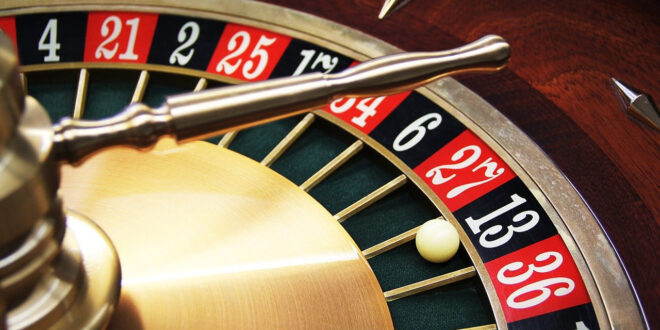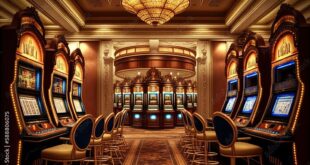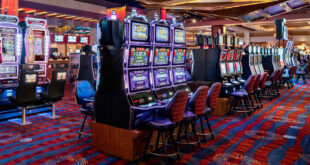In addition to being meccas of gambling and flashy lights, casinos are also psychological masterworks, as seen by the way they take use of the widespread notion of ill luck. Millions of people visit casinos every year because they like the rush of gambling, but few of these visitors are aware of the subtle yet profound psychological tricks these businesses employ to encourage more play and, thus, more profit.
This blog post explores the psychological tricks casinos pull to take advantage of superstitious beliefs about ill luck, providing an intriguing look at the forces hiding behind the gaming tables and slot machines.
Understanding Luck and Gambling
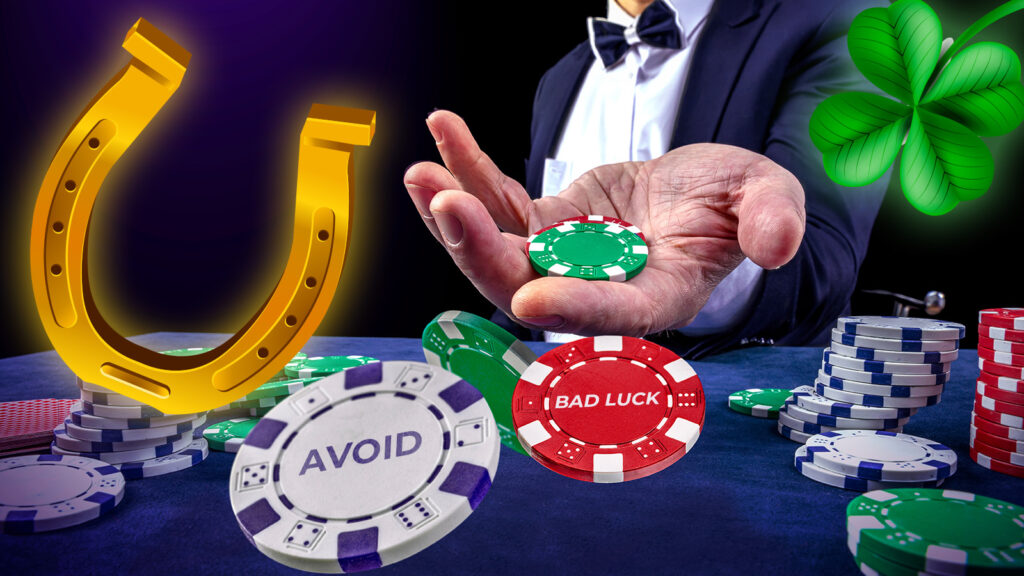
They are adept at creating an environment that magnifies the role of luck in the minds of their patrons. The lavish decorations, the sounds of coins dropping, and even the layout of the casino floor are all carefully designed to enhance the sense of a chance-driven adventure. This environment plays a significant role in how individuals attribute their outcomes to luck rather than skill, especially in games that are purely chance-based like slots or roulette.
The amplification of luck doesn’t stop with environmental cues; it also extends to how games are presented and how wins and losses are showcased. Casinos often celebrate wins loudly and publicly through flashing lights and loud noises, which reinforces the idea that winning is not only possible but likely.
This spectacle can lead players to overestimate their chances of winning, underpinning the belief that luck will favor them as it seemingly has for others. For more insights into how these dynamics play out in the world of online gambling, exploring platforms like kakekmerah4d may offer additional perspectives on the interplay between player psychology and casino design.
Psychological Tactics Used by Casinos
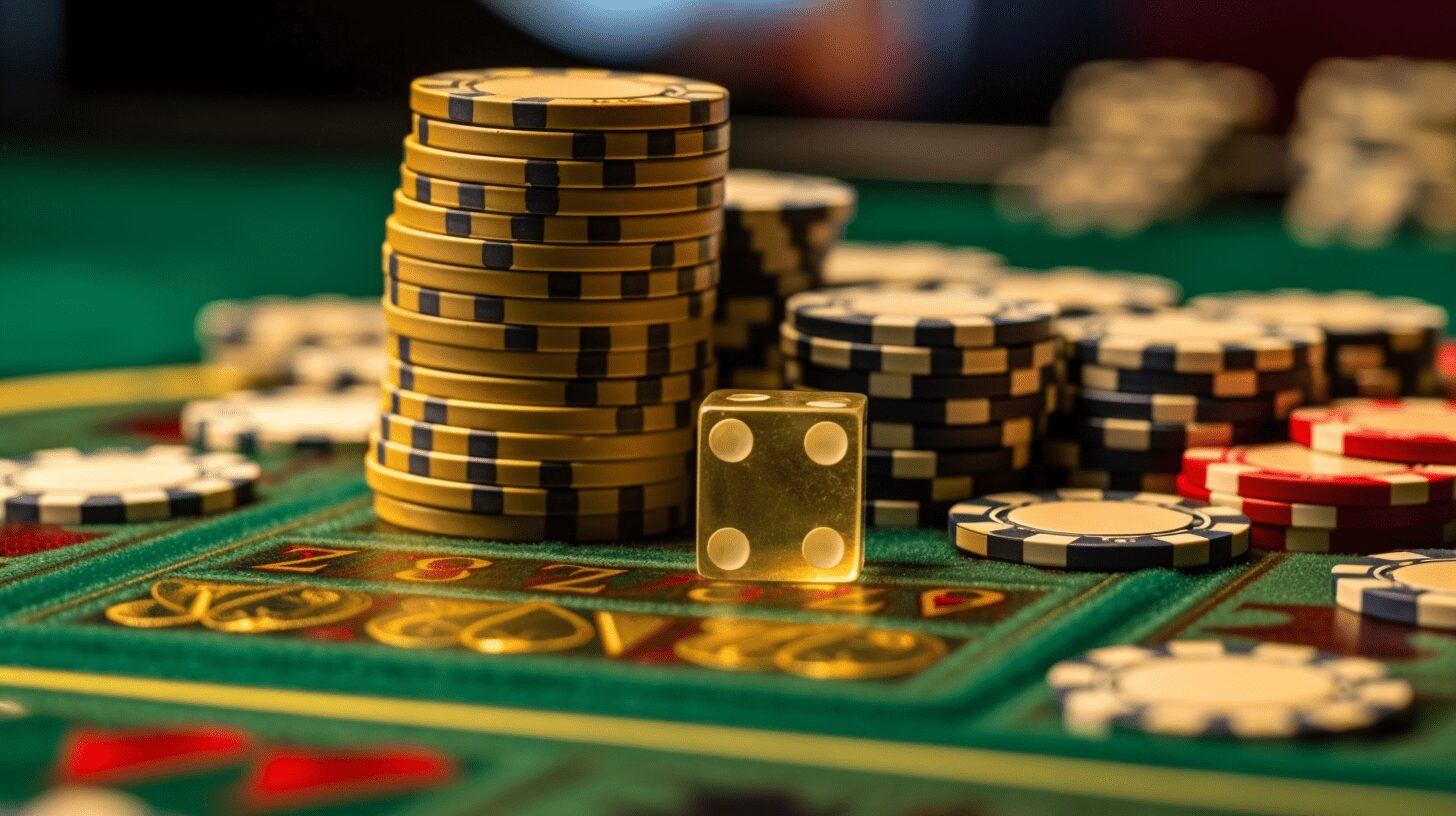
One of the most significant psychological traps that casinos exploit is the gambler’s fallacy—the belief that a series of outcomes in a random process will impact future outcomes. For instance, if a roulette wheel lands on black five times consecutively, a gambler might believe that red is now due to occur. Casinos encourage this line of thinking by enabling easy tracking of past results in games like roulette, misleading players to place bets based on patterns that do not actually influence the odds.
Near misses occur when the outcome is close to a win but is a loss, such as when a slot machine displays two out of three winning symbols. Psychologically, these near misses are processed in the brain similarly to wins, thus encouraging continued play. Casinos design their games, especially electronic gaming machines, to frequently produce near misses. This phenomenon can lead players to feel they are on the verge of winning, compelling them to play longer in the hopes that their “luck” is about to change.
Player Behavior and Casino Profits
The belief in bad luck plays a crucial role in how long players spend gambling. Many gamblers continue playing in an attempt to break a perceived streak of bad luck, driven by the conviction that their fortune must inevitably turn. This sunk-cost fallacy can be costly, as players chase losses with more bets instead of accepting randomness and walking away. They capitalize on this behavior by offering “loss rebates” or encouraging more bets through various promotions.
They often publicize stories of big winners who turned around their bad luck with a single life-changing win. These narratives foster a dangerous optimism that keeps the casino floors busy with hopeful players. This strategy feeds into the cognitive bias of availability heuristic, where people judge the probability of events based on how easily they can recall examples, such as remembering a big win rather than numerous losses.
Mitigating the Impact of Luck-Based Beliefs

To combat the exploitation of luck-based beliefs, one effective strategy is education. Casinos are unlikely to lead this charge, so the responsibility falls to gambling awareness organizations and educational programs. By educating gamblers about the true nature of randomness and how games of chance operate, individuals can become more critical of their beliefs about luck and bad luck.
Awareness campaigns can emphasize the random number generators used in electronic games and the fixed odds in table games, helping to dispel myths that lead players to gamble irresponsibly. Casinos, often under regulatory pressure, do provide some tools to help players gamble responsibly. These include setting betting limits, offering self-exclusion programs, and providing visible reminders of the odds of games.
While these tools can be helpful, they are only effective if players are aware and make active use of them. By promoting these resources, casinos can help mitigate some of the psychological tactics they employ, balancing their profit motives with ethical considerations.
The staff at casinos can play a pivotal role in promoting healthy gambling habits. From dealers to floor managers, staff members can be trained to recognize signs of problem gambling and to offer assistance or information about responsible gambling practices. This approach not only helps in building a responsible gambling environment but also enhances the overall customer experience, creating a safer and more supportive atmosphere for all patrons.
The Future of Gambling: Ethical Practices and Technological Innovations

As public awareness of gambling psychology increases, there is growing pressure on casinos to adopt more ethical practices. This includes not only the promotion of responsible gambling but also ensuring that games are fair and that the odds are transparent. Ethical practices can also extend to marketing strategies, avoiding tactics that exploit vulnerable players or misrepresent the likelihood of winning.
Technological advancements are also reshaping the gambling industry. Online platforms and mobile betting apps are becoming more prevalent, bringing new challenges and opportunities in terms of psychological exploitation and player protection.
Technology can be used to create more detailed player tracking systems, which can in turn be used to identify problem gambling behavior early and intervene. However, these technologies can also be used to personalize gambling experiences in ways that might exploit player weaknesses unless regulated effectively.
Conclusion
Casinos are more than just venues for gambling; they are sophisticated enterprises that exploit psychological principles to maximize profits. The belief in luck, especially bad luck, is a key lever in their strategy, influencing player behavior to encourage more gambling.
By understanding these tactics, gamblers can better navigate their interactions with gambling environments, making informed decisions and potentially avoiding the pitfalls laid by the casino’s psychological traps. This insight into casino strategies not only makes for more mindful gambling but also demystifies much of the allure and mystery surrounding casino gaming culture.
 Alternative News
Alternative News
